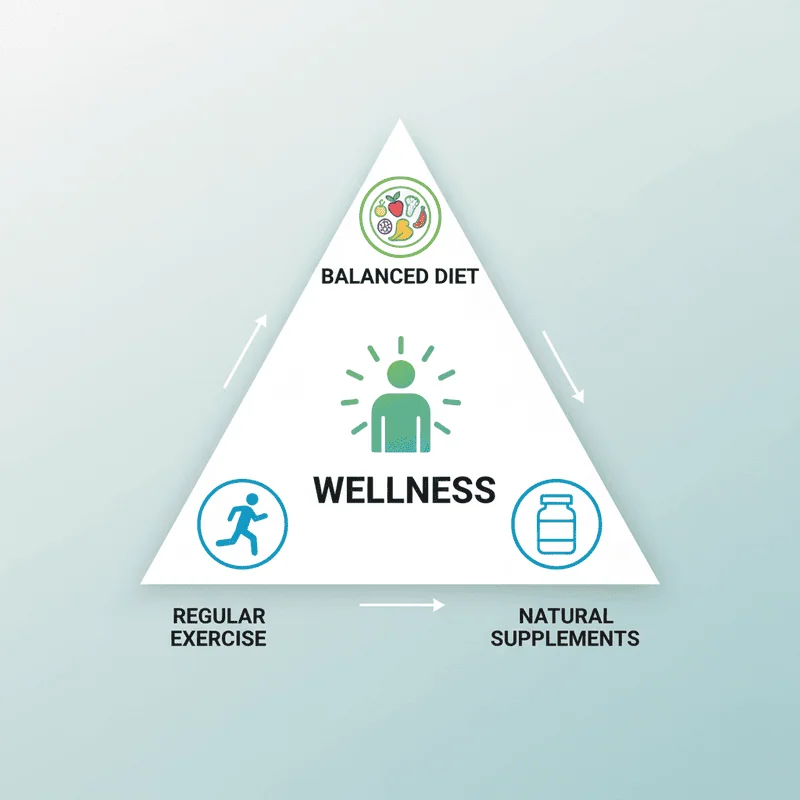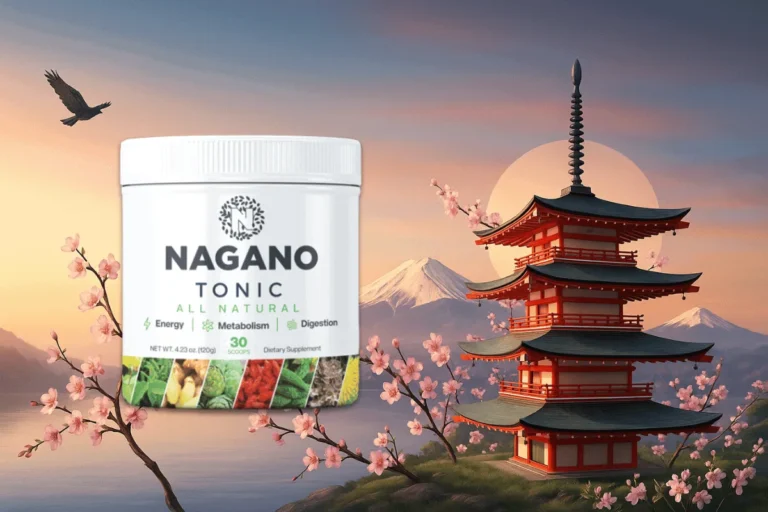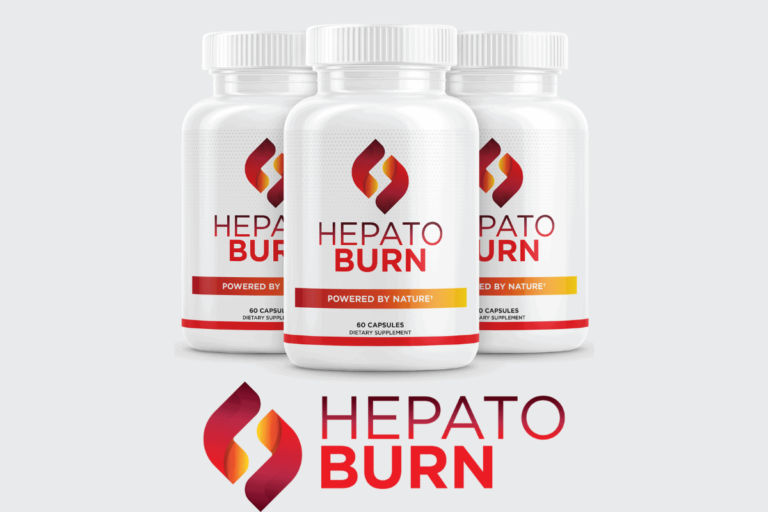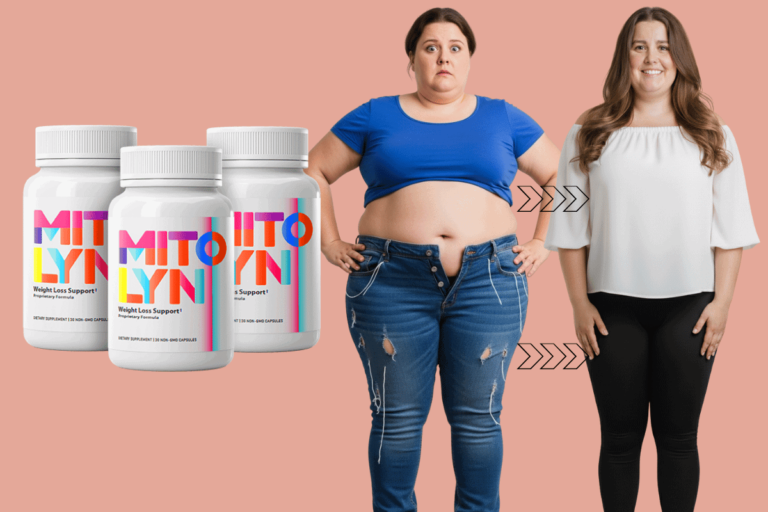
Do Natural Weight Loss Supplements Really Work, or Are They a Myth?
In the pursuit of a healthier lifestyle, weight loss is a common goal. Alongside diet and exercise, the market offers a wide range of “natural” supplements that promise to facilitate this process. But what scientific backing do these claims have? Exploring the evidence behind their plant-based ingredients is key to making informed decisions.
The Logic Behind Natural Ingredients
The interest in plant-based supplements is no coincidence. Many plants contain bioactive compounds that have been studied for their potential effects on metabolism. The idea is simple: isolate these compounds and concentrate them to offer measurable support in weight management.
Unlike synthetic products, natural supplements are often perceived as being more aligned with the body’s biological processes. However, “natural” is not always synonymous with “effective.” The key is to analyze each ingredient separately and understand what the science says about its mechanism of action.
Analyzing Popular Ingredients: Evidence vs. Claims
When examining the most common components in weight loss supplements, we find a varied landscape where some ingredients show more solid scientific backing than others.
- Green Tea (Camellia sinensis): This is one of the most researched ingredients. Its catechins, especially epigallocatechin gallate (EGCG), have been shown in various studies to have a moderate thermogenic effect, meaning they can help the body burn more calories. Furthermore, it is credited with playing a role in fat oxidation. While it’s not a miracle solution, the evidence suggests it can be a useful addition to a comprehensive plan.
- Glucomannan: This soluble fiber, extracted from the root of the konjac plant, has a remarkable ability to absorb water. By expanding in the stomach, it promotes a feeling of fullness, which can lead to lower calorie intake. Controlled clinical studies have supported its effectiveness for short-term weight loss when combined with a calorie-restricted diet.
- Garcinia Cambogia: The extract from its fruit contains hydroxycitric acid (HCA), which is believed to inhibit an enzyme involved in fat formation. The results of scientific studies have been mixed, with some showing modest weight loss and others finding no significant differences. Its effectiveness may depend on the dosage and the supplement’s formulation.
The Role of Quality and Synergy
The effectiveness of a natural supplement depends not only on its ingredients but also on other crucial factors:
- Concentration and Purity: The amount of the active compound in the extract is fundamental. A quality supplement should be standardized to ensure a consistent and effective dose.
- Formulation and Synergy: Often, products combine several ingredients. A well-designed formulation seeks to create a synergy where the components enhance each other, offering a more complete effect than if taken separately.
A Balanced Perspective: Are They a Viable Option?

The scientific evidence indicates that certain natural supplements, based on ingredients with credible backing, can offer real support in the weight loss process.
They should not be seen as magic solutions, but rather as complementary tools that work best when integrated into a healthy lifestyle that includes a balanced diet and regular physical activity.
The key for the consumer is research. Opting for products from transparent brands that clearly specify their ingredients and concentrations, and which are based on compounds with demonstrable scientific support, is essential.
Far from being a myth, natural supplementation represents a viable avenue of support, provided it is approached from an informed and realistic perspective.
If you’re interested in digging deeper and comparing the top options on the market, here you can see a detailed review of the most used natural supplements, analyzing their composition, effectiveness, and the opinions of those who have already tried them.







